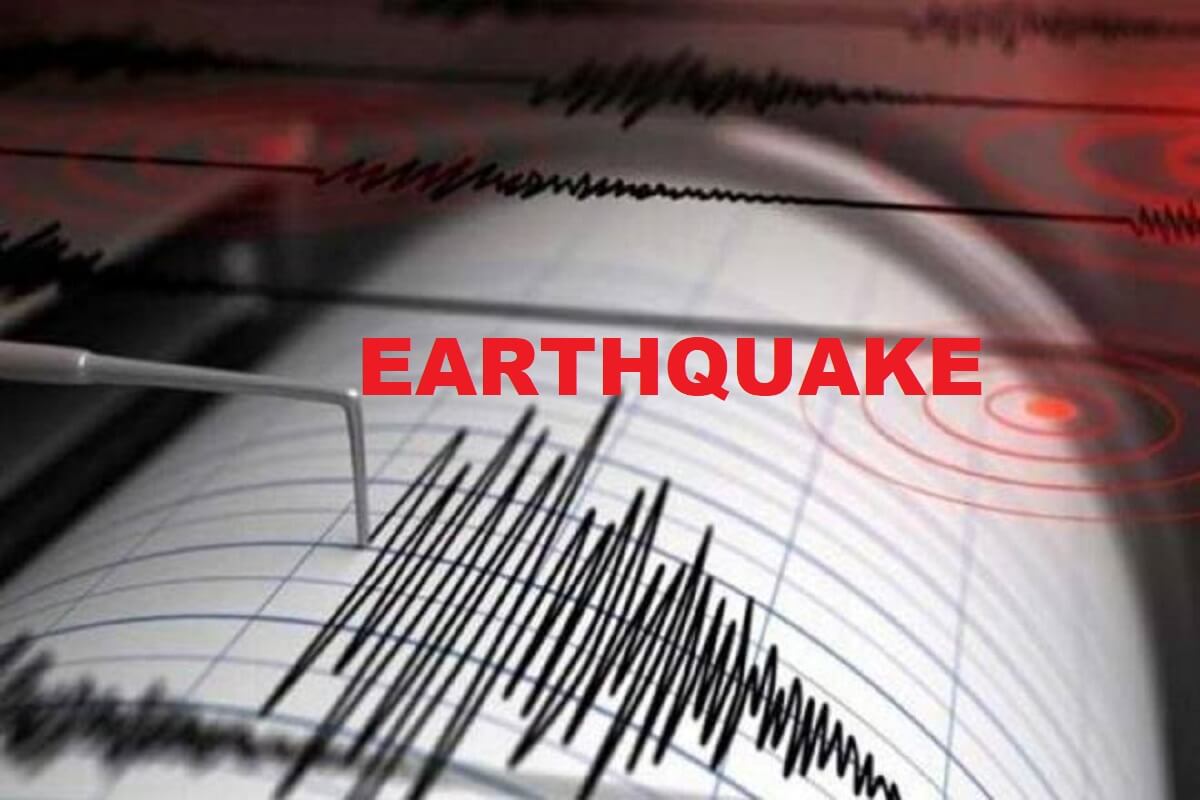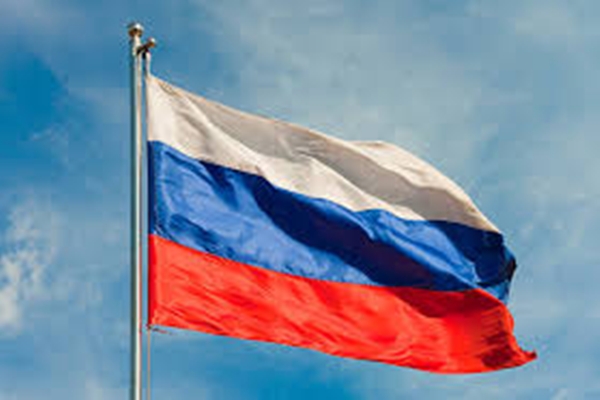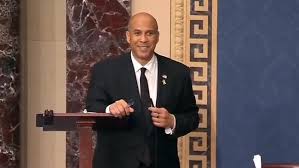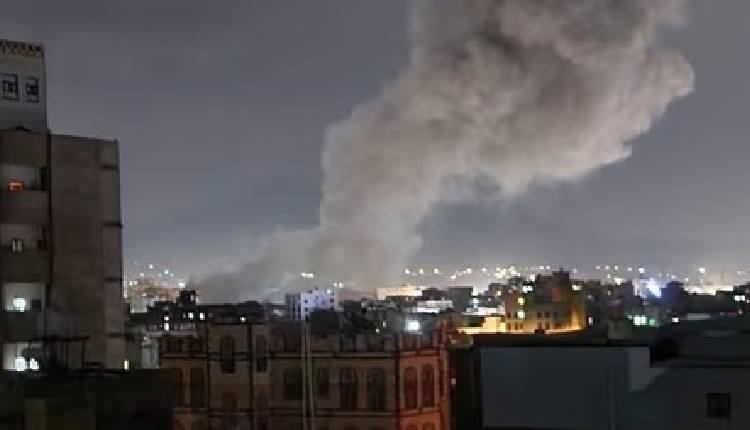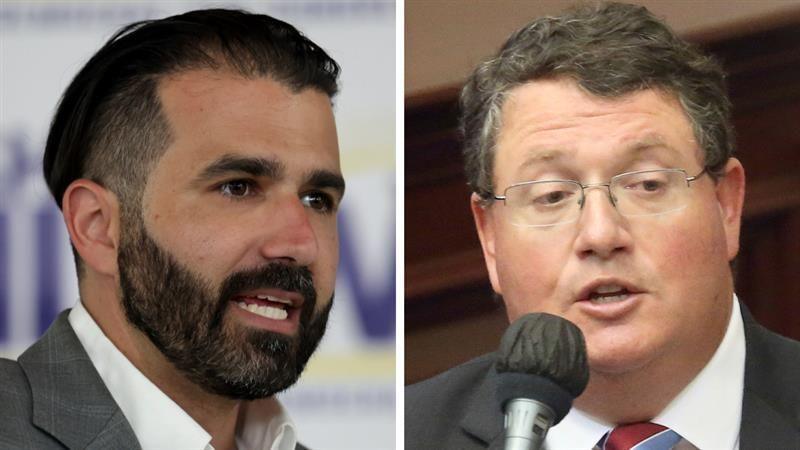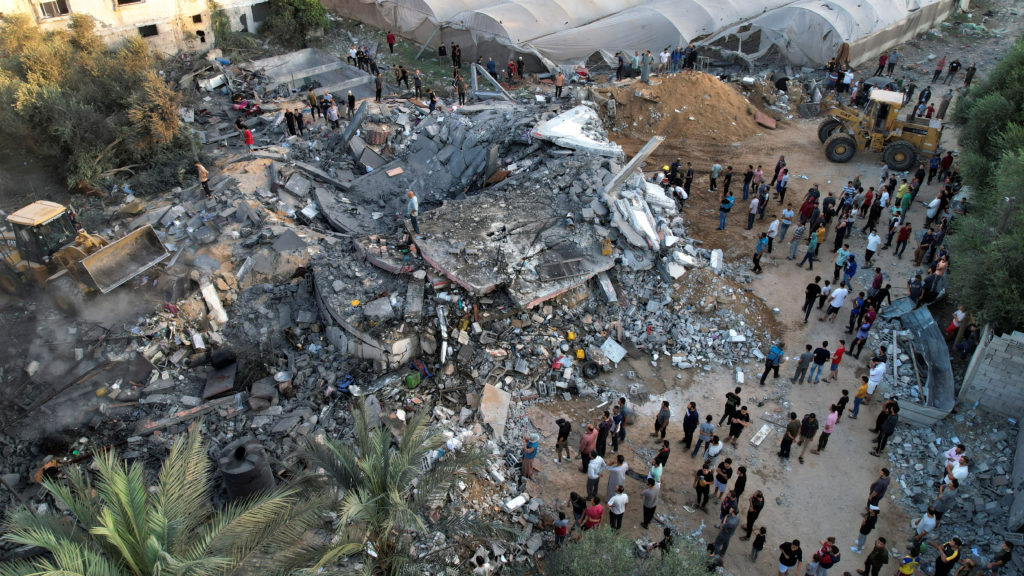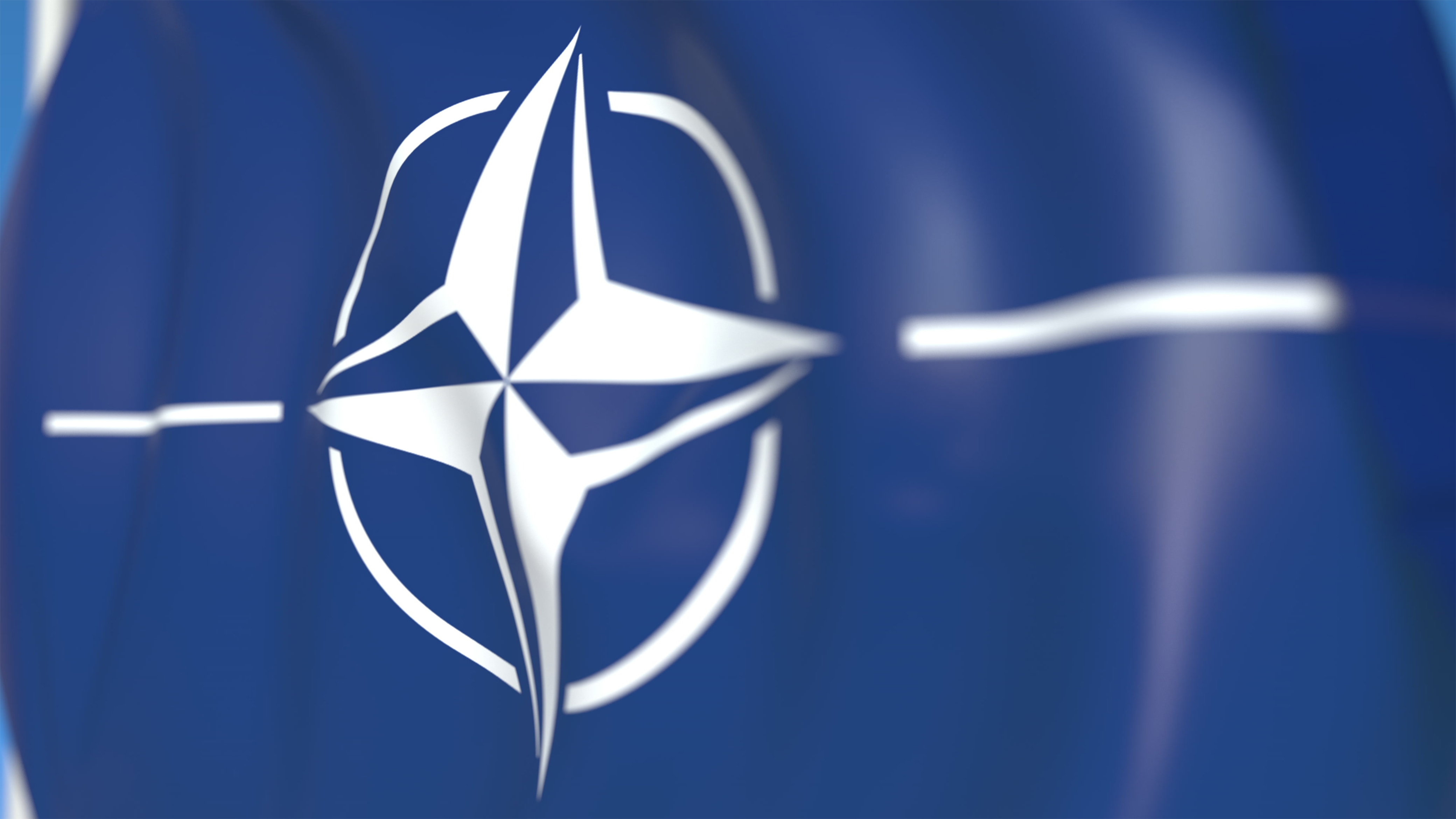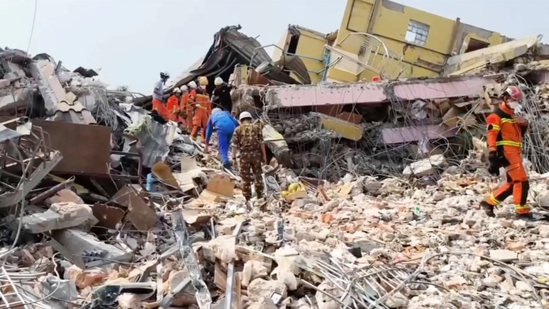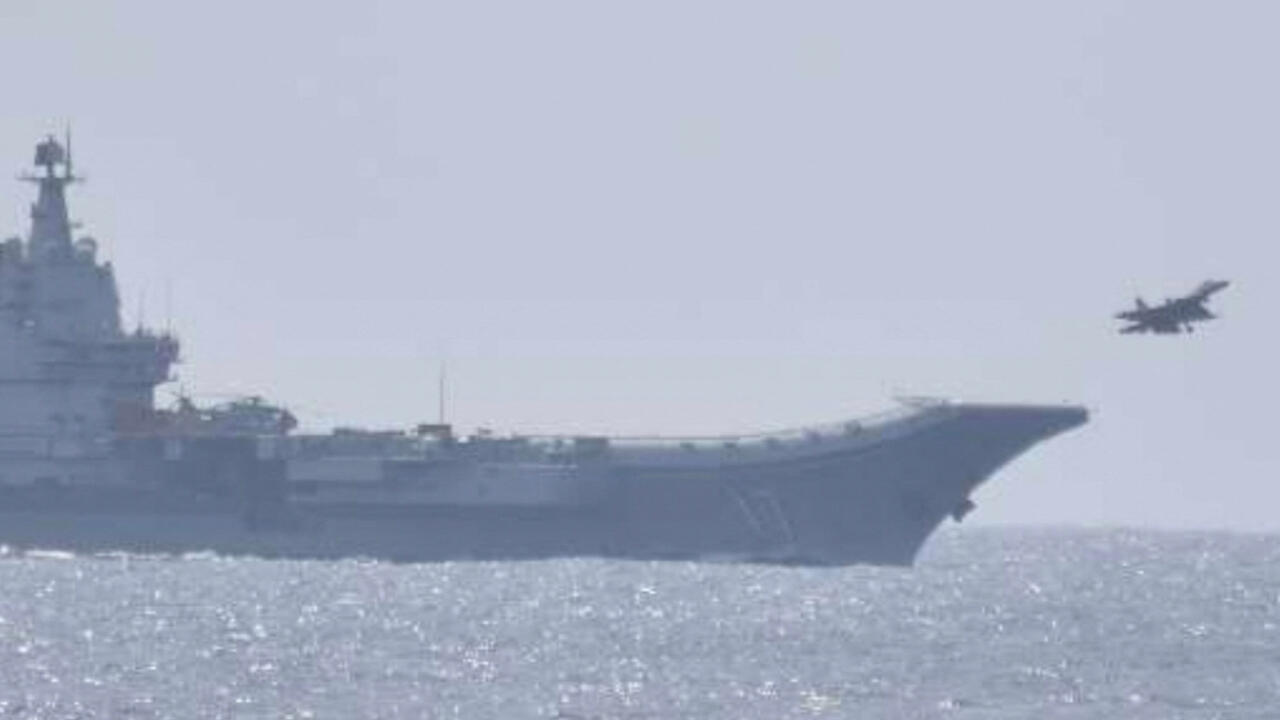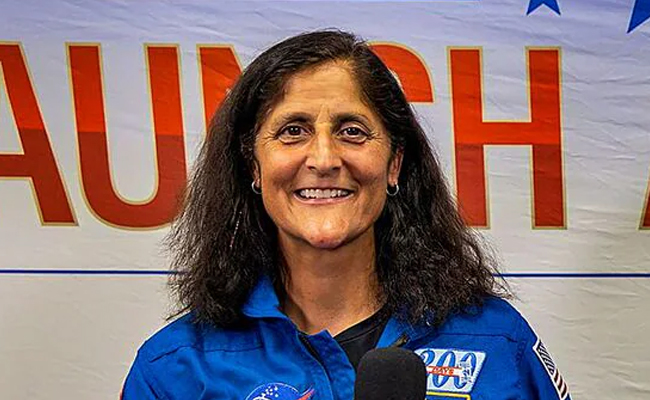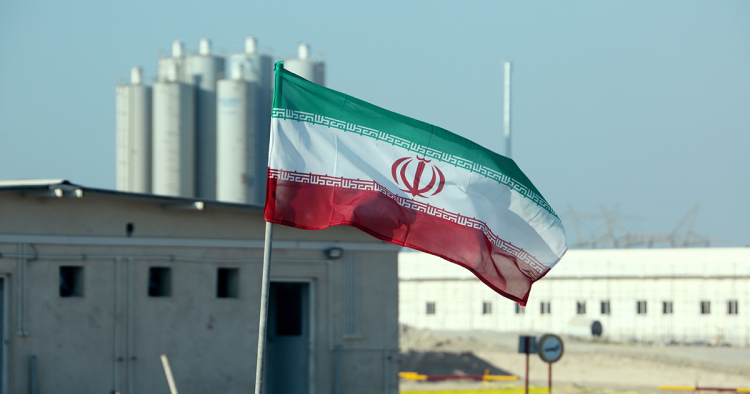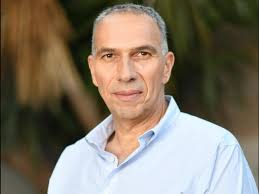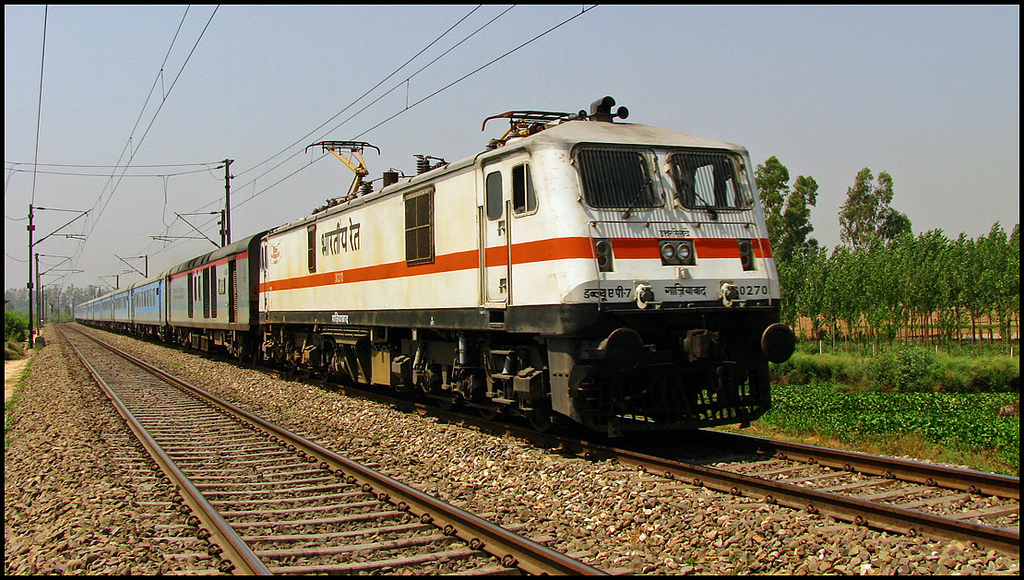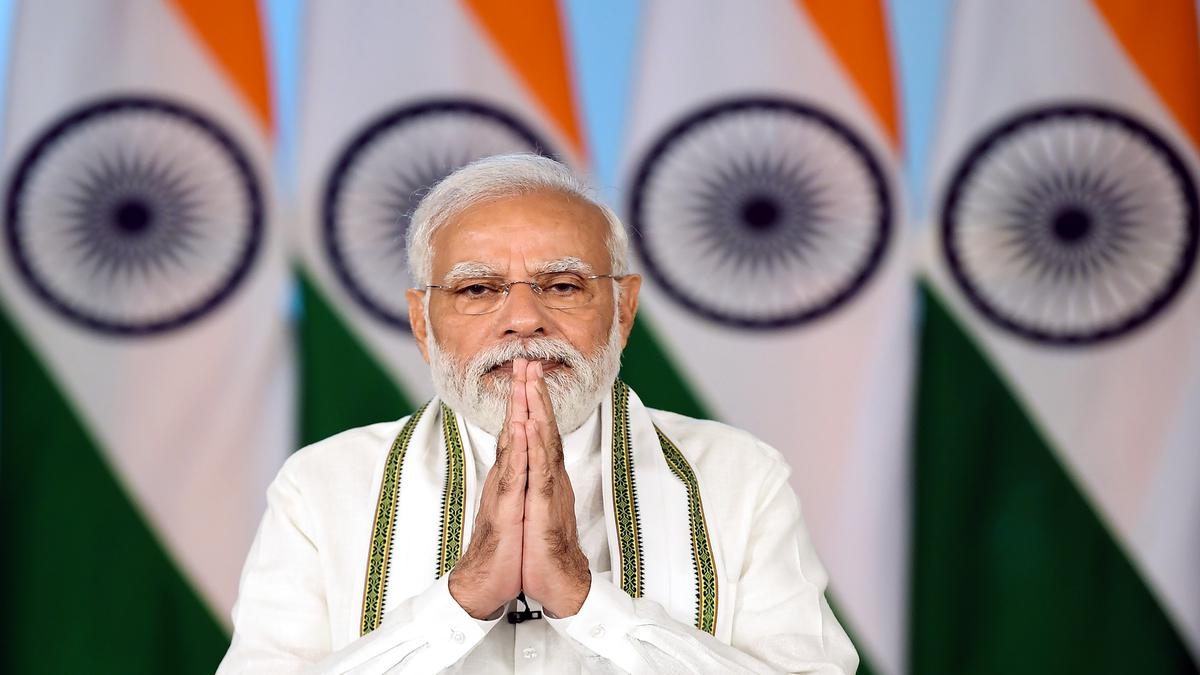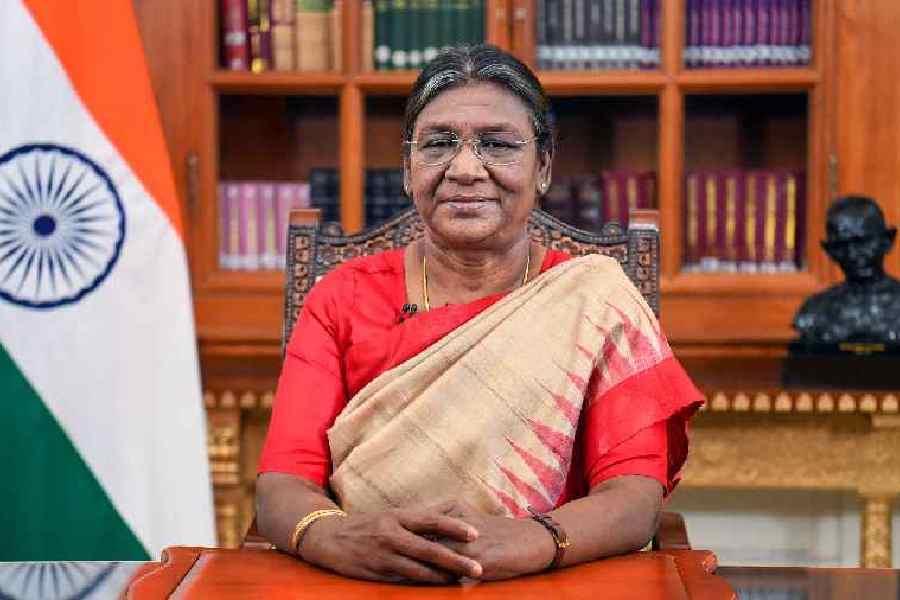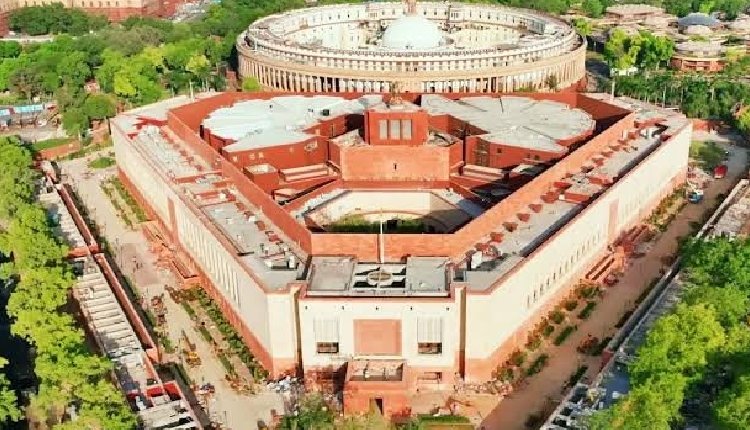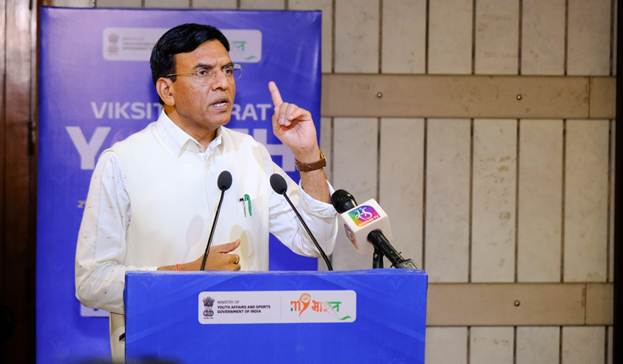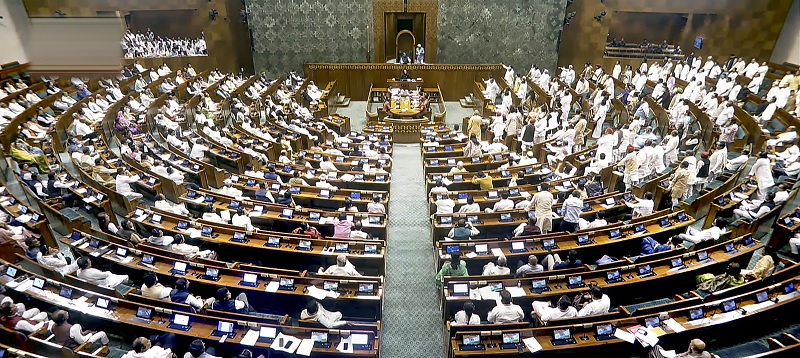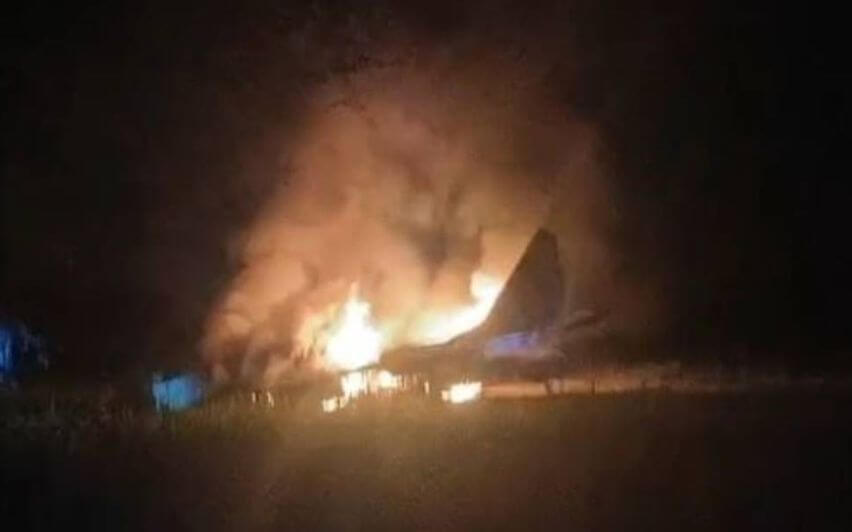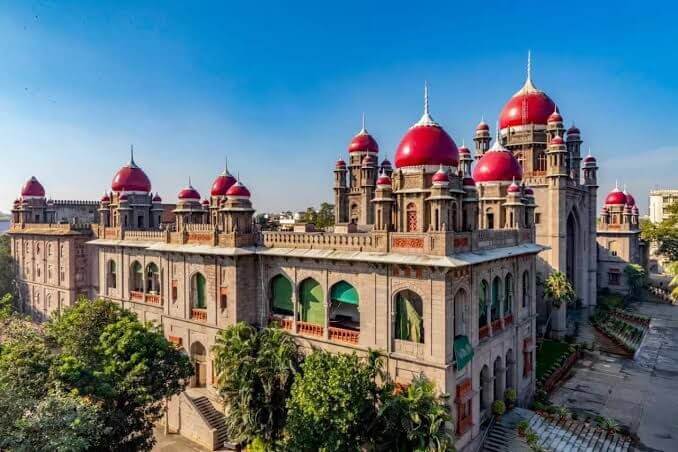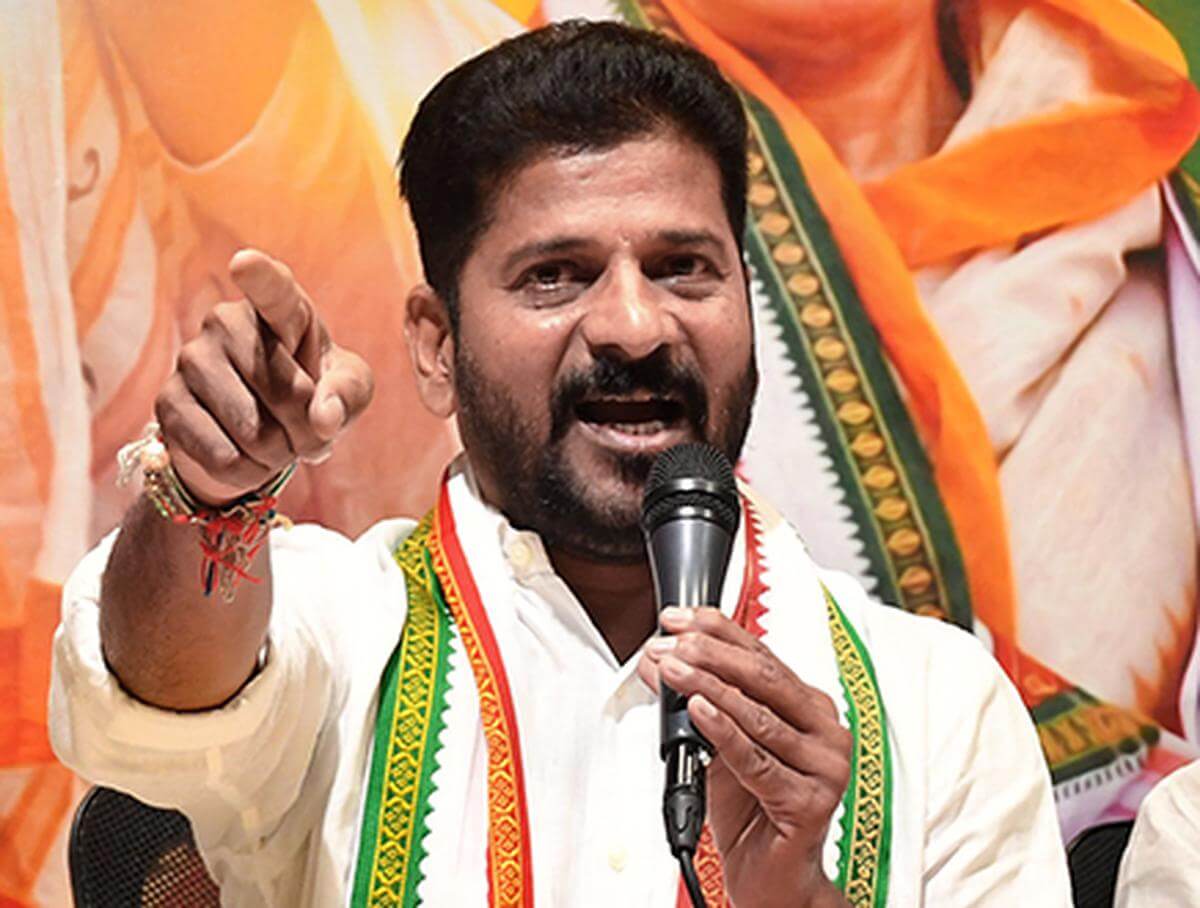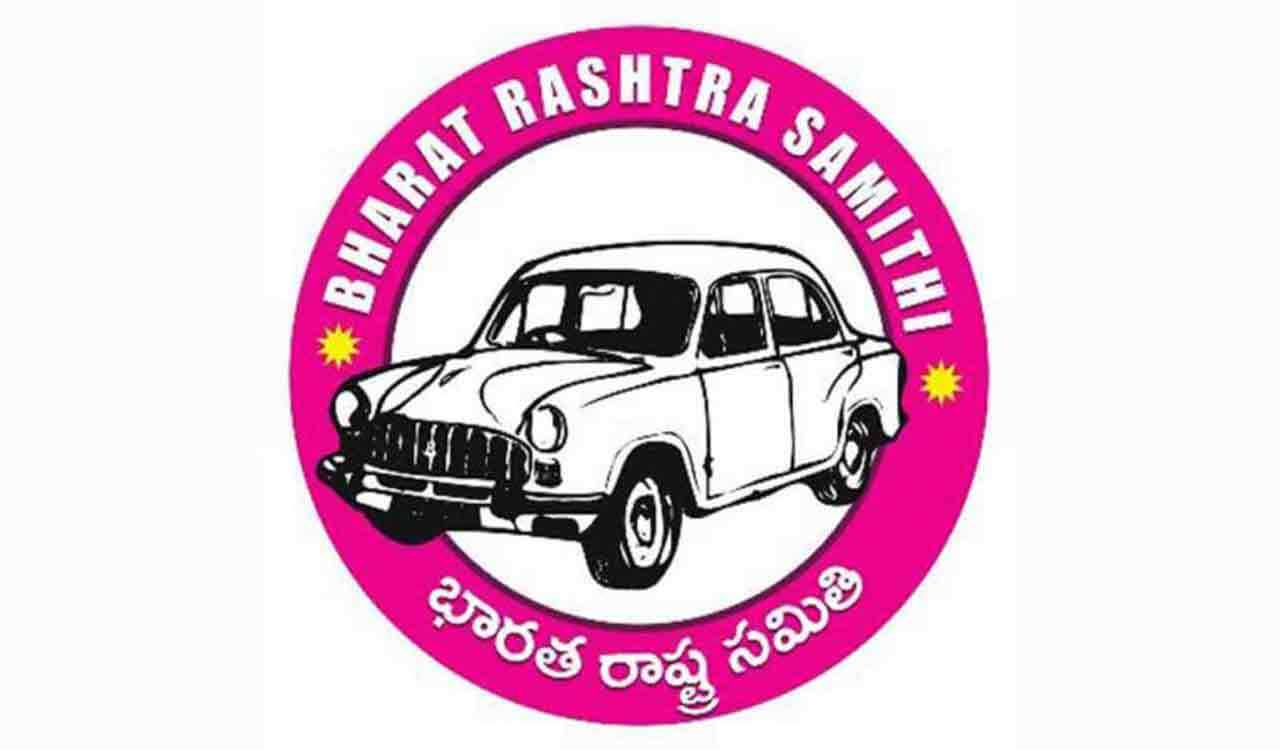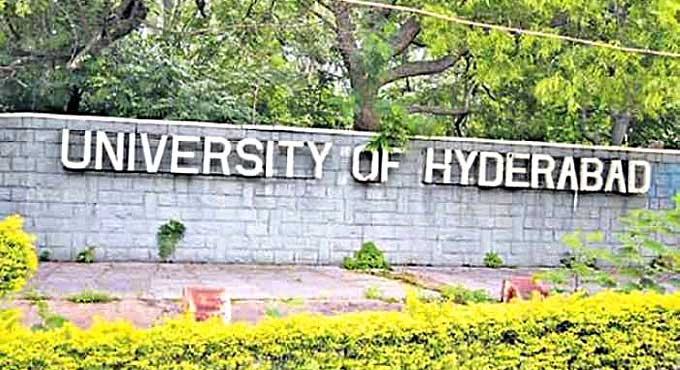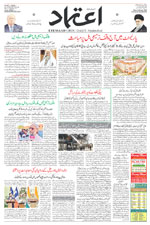Israeli jets target Hamas in Lebanon and Gaza after rocket attack
Fri 07 Apr 2023, 10:20:49
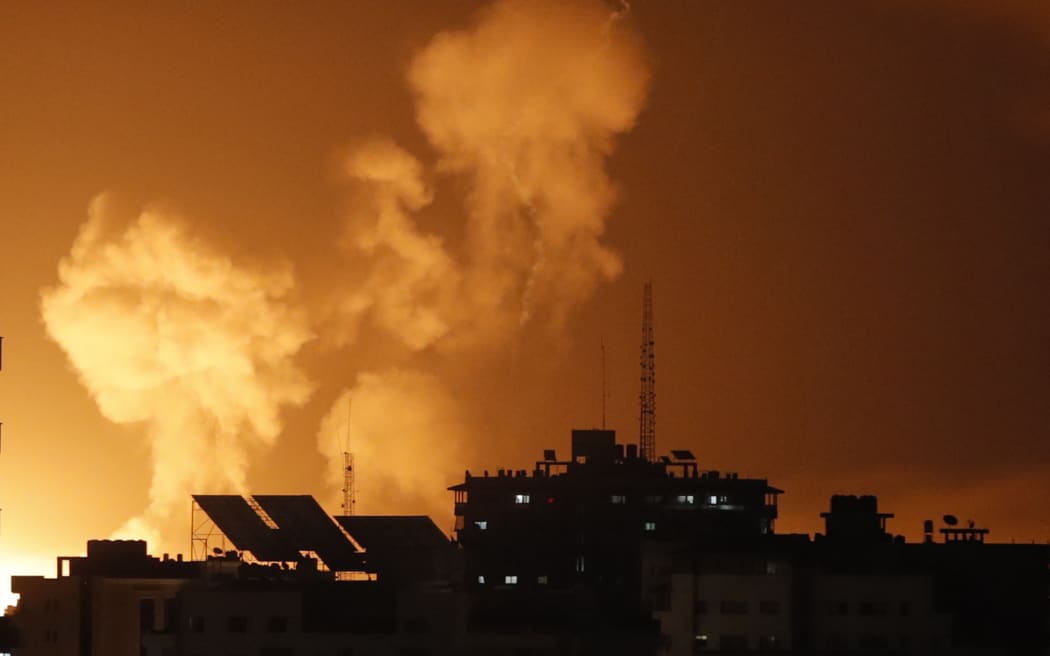
Jerusalem/Gaza: Israeli jets hit sites in Lebanon and Gaza early on Friday, in retaliation for rocket attacks it blamed on the Islamist group Hamas, as tensions following police raids on the Al-Aqsa mosque in Jerusalem this week threatened to spiral out of control.
Ground-shaking blasts rocked different areas of Gaza, as Israel said its jets hit targets including tunnels and weapons manufacturing sites of Hamas, which controls the blockaded southern coastal strip.
As daybreak neared, the military said it had also struck Hamas targets in southern Lebanon, where residents around the area of the Rashidiyeh refugee camp reported three loud blasts.
The strikes came in response to rocket attacks from Lebanon toward northern Israeli areas, which Israeli officials blamed on Hamas. The military said 34 rockets were launched from Lebanon, of which 25 were intercepted by air defense systems. It was the biggest such attack since 2006, when Israel fought a war with the heavily armed Hezbollah movement.
“Israel’s response, tonight and later, will exact a significant price from our enemies,” Prime Minister Benjamin Netanyahu said following a security cabinet meeting.
As the Israeli jets struck in Gaza, salvoes of rockets were fired in response and sirens sounded in Israeli towns and cities in bordering areas, however there were no reports of serious casualties.
The crossborder strikes came amid an escalating confrontation over Israeli police raids at the Al-Aqsa mosque compound in Jerusalem during the Muslim holy month of Ramadan, which this year coincides with the Jewish Passover holiday.
“We hold the Zionist occupation fully responsible for the grave escalation and the flagrant aggression against the Gaza Strip and for the consequences that will bring onto the region,” Hamas said in a
statement.
Although Israel blamed Hamas for Thursday’s attack, which took place as Hamas head Ismail Haniyeh was visiting Lebanon, security experts said Hezbollah, the powerful Shiite group which helps Israel’s main enemy Iran project its power across the region, must have given its permission.
“It’s not Hezbollah shooting, but it’s hard to believe that Hezbollah didn’t know about it,” Tamir Hayman, a former head of Israeli military intelligence, said on Twitter.
Lebanon’s Prime Minister Najib Mikati issued a statement condemning any military operations from its territory that threatened stability but there was no immediate comment from Hezbollah. Earlier on Thursday, before the rockets were fired, senior Hezbollah official Hashem
Safieddine said any infringement on Al-Aqsa “will inflame the entire region.”
Safieddine said any infringement on Al-Aqsa “will inflame the entire region.”
The worsening security situation adds a further complication for Netanyahu’s religious-nationalist government, which has faced mass protests over its now-suspended plans to curb the powers of the Supreme Court.
However, opposition leader Yair Lapid said the government could count on cross-party support following the rocket attack and Netanyahu said Israelis stood behind the security forces.
“The internal debate in Israel will not prevent us from taking action against them wherever and whenever necessary. All of us, without exception, are united on this,” Netanyahu said.
In the aftermath of Thursday’s rocket attack, TV footage showed large plumes of smoke rising above the northern Israeli border town of Shlomi, with wrecked cars in the streets. Israel Airports Authority said it had closed the northern airports in Haifa and Rosh Pina.
“I’m shaking, I’m in shock,” Liat Berkovitch Kravitz told Israel’s Channel 12 news, speaking from a fortified room in her house in Shlomi. “I heard a boom, it was as if it exploded inside the room.”
The Israeli military said mortar shells were also fired across the border.
In a statement, the United Nations peacekeeping force in south Lebanon (UNIFIL) described the situation as “extremely serious” and urged restraint. UN officials said the UN was in contact with the parties involved to try to de-escalate the situation.
Amid fears that the confrontation could spiral further following a year of rising Israeli-Palestinian violence, the UN Security Council held a closed door meeting to discuss the crisis.
“It’s going to be important for everyone to do what they can to calm tensions,” US Deputy Ambassador to the United Nations, Robert Wood, told reporters on his way into the meeting.
Thursday’s attack followed a number of rocket launches toward Israel from Gaza, most of which were intercepted. Israel responded to the launches with airstrikes on sites linked to Hamas, which it holds responsible for any attacks from the blockaded coastal strip.
Speaking from Gaza, Mohammad Al-Braim, spokesman for the Palestinian Popular Resistance Committees, praised the rocket strikes from Lebanon, which he linked to the Al-Aqsa incidents, but did not claim responsibility.
He said “no Arab and no Muslim would keep silent while (Al-Aqsa) is being raided in such a savage and barbaric way without the enemy paying the price for its aggression.”
No Comments For This Post, Be first to write a Comment.
Most viewed from International
Most viewed from World
AIMIM News
Latest Urdu News
Most Viewed
May 26, 2020
Do you think Canada-India relations will improve under New PM Mark Carney?
Latest Videos View All
Like Us
Home
About Us
Advertise With Us
All Polls
Epaper Archives
Privacy Policy
Contact Us
Download Etemaad App
© 2025 Etemaad Daily News, All Rights Reserved.

